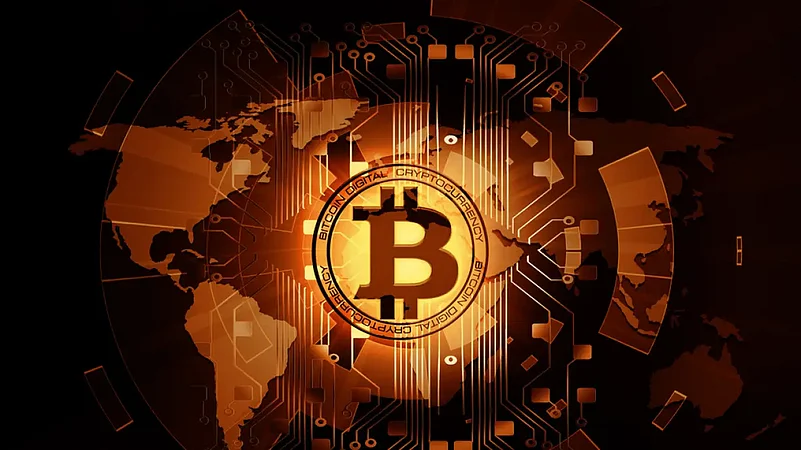Global market regulators are expected to establish a single agency within the next year to coordinate with cryptocurrency laws in various regions, according to Ashley Alder, chair of the International Organization of Securities Commissions (IOSCO), an association of market regulators. The boom in digital currencies is one of the three main areas (the other two being Covid and climate change) that authorities are now focused on, he said, according to Reuters.
“If you look at the problems we need to handle, they are many, and there is a wall of fear about this (crypto) in institutional discussions,” said Alder, who is also the CEO of Hong Kong’s Securities and Futures Commission, during an online conference hosted by OMFIF on Thursday.
Alder said a worldwide organisation that will harmonise crypto laws is needed. He compared it to different climate finance setups, including one under the G20 group of top nations. “At the moment, there isn’t anything like that for crypto,” he said. “But as one of the three Cs (Covid, climate and crypto), I believe it is now critically vital. It has moved up the schedule, so I don’t think that will be the case next year,” he added.
Cyber security, operational resilience and lack of transparency are at present among the key concerns, which have been exacerbated by the high volatility in cryptocurrencies this week. Bitcoin, for example, has seen a drop of 20 per cent in price this week.
Following the demise of the stablecoin TerraUSD, the head of the Senate Banking Committee in the US urged legislators to tighten crypto laws.
Cryptocurrencies have gained massive global attention in recent years, including in India. Some countries have recognised cryptocurrency, while others have outright prohibited it. There are various cryptocurrency restrictions in India as well. According to Pankaj Mathpal, MD and CEO of Optima Money Managers, trading in the stock market is highly regulated, but that is not the case with cryptocurrencies. “You even know how many days the money will take to arrive in your account once the shares are sold. In the case of cryptocurrencies, however, there is no such regulation. It may be purchased and sold through brokers or cryptocurrency exchanges. The identities of the vendor and buyer are not revealed in this case.
Cryptocurrency prices are affected only by demand and supply. You can’t predict how much it will fluctuate.”
Apart from the extreme volatility, in India, the taxes are high on virtual digital assets. There is 30 per cent tax on crypto assets and tax deducted at source (TDS) at 1 per cent.
























.png?w=200&auto=format%2Ccompress&fit=max)






